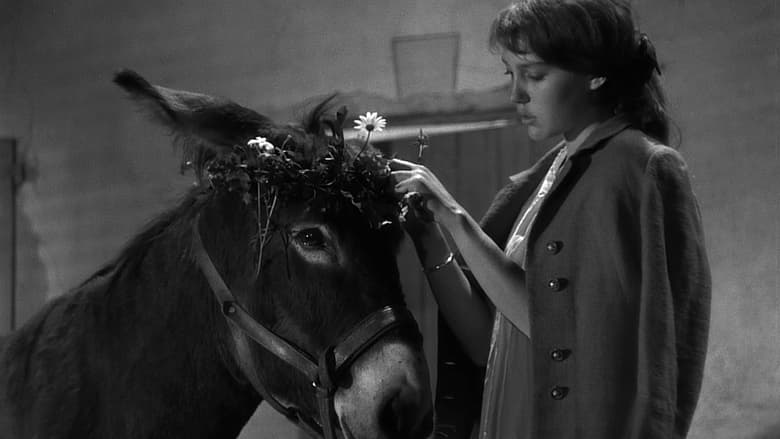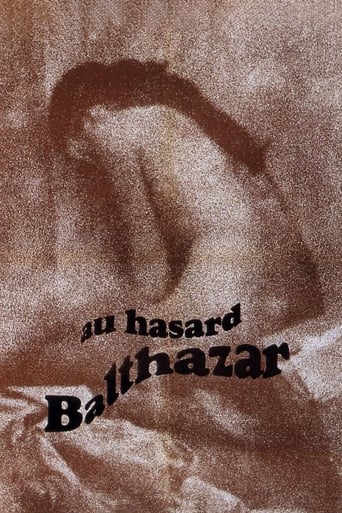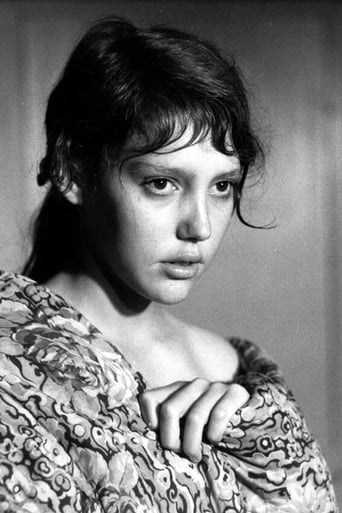The story of a donkey Balthazar as he is passed from owner to owner, some kind and some cruel but all with motivations beyond his understanding. Balthazar, whose life parallels that of his first keeper, Marie, is truly a beast of burden, suffering the sins of humankind. But despite his powerlessness, he accepts his fate nobly.
Similar titles


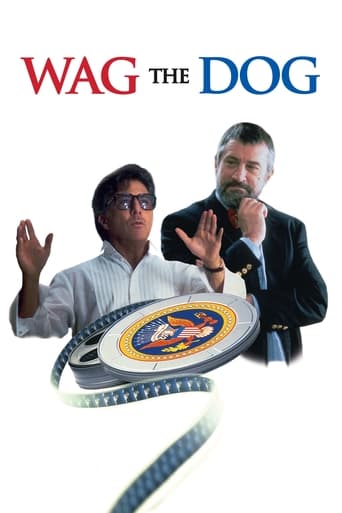


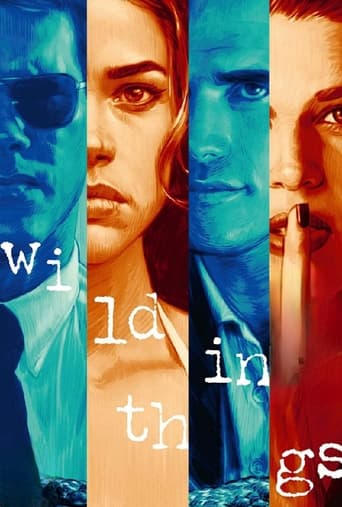

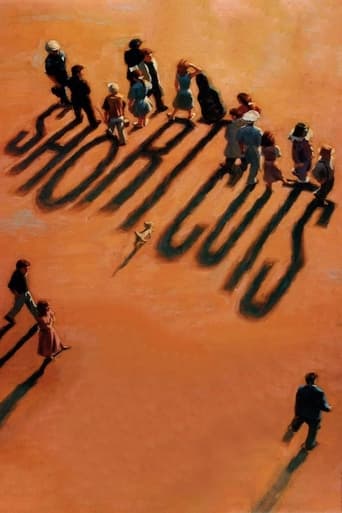

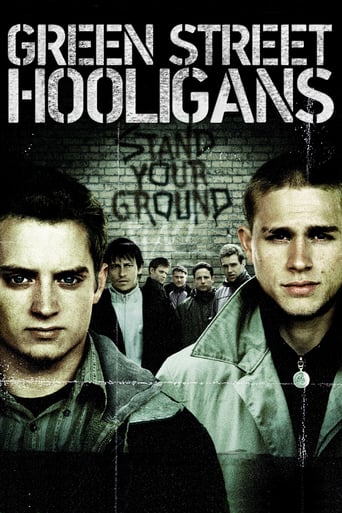
You May Also Like
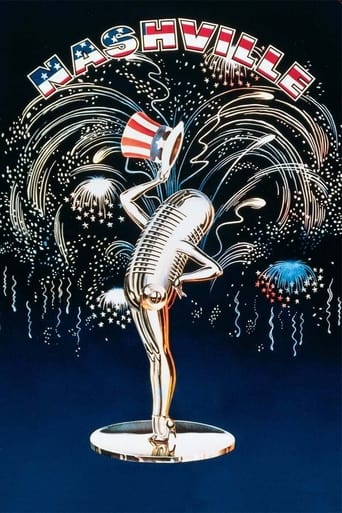
Reviews
Admirable film.
The acting in this movie is really good.
Although I seem to have had higher expectations than I thought, the movie is super entertaining.
The film's masterful storytelling did its job. The message was clear. No need to overdo.
I've just finished seeing this in a monthly foreign film series and wish I could give it two different ratings -- probably a "2" because I kept trying to figure out its plot and couldn't but also an "8" or "9" because it does show that in living, as Balthazar experienced in this film, many of us go through a number of very different experiences. Seeing this film without first having read any reviews or with any advance knowledge of its message, it was finally that latter view that I arrived at after giving up on trying to figure out "the plot."
A film tends to be judged by its mass appeal: films cost lots of money and therefore film makers normally want them to be seen by lots of people. But that does not mean that film SHOULD be judged by its mass appeal: you do not judge the value of the US publishing industry by the number of murders in westerns and thrillers. Robert Bresson used the medium of film for unusual purposes. His minimalism stimulates your attention: you scan gestures, looks and shabby interiors for clues. Sounds – a key turning in a lock, a tram passing, a donkey's braying, brief snatches of music - take on a heightened meaning. A few seconds of classical music are often heard when there is a 'window of opportunity' for a human being. True, Bresson demands a lot from the viewer, and with some films I just gave up; but I prefer that to the attitude of many film directors who make me feel insulted: another simpleton has been duped into paying for a piece of trash providing two hours of oblivion. Bresson disliked acting, as it got in the way of what he wanted to express with his films; instead he worked with amateurs, 'models' who were not allowed to dramatize or psychologize. The most extreme example of his approach is 'Au hasard Balthasar', where the protagonist is a donkey called Balthasar subjected to and witnessing human vices. 'Au hasard' means at random, and all the cruelty seems random. But I wonder, with my imperfect French, whether au hasard in this case could not be a 'call to action': 'au secours' means help!, so maybe 'take your chance (in life)' is a possible translation here. Although I'm familiar with Bresson's unusual approach it took me a couple of viewings to understand that the 'story' and the 'characters' mean even less in this film than in others. There is a story –Balthasar's successive misadventures and occasional rebellions, ending in death – but it is not a very coherent one, more a succession of scenes illustrating various forms of human shortcomings and nastiness, personified by a variety of well, models. All of this is just there to bring out the patient suffering of the donkey, who in the process becomes, as one of the few decent people in the film says, 'a saint' and dies a painful yet peaceful death. You can see the animal as a symbol of Christ, as many have done, and for a catholic like Bresson it would be a 'natural' symbol. But I'm always wary about symbolism in film - you'd end up needing a user's manual ('this actually means that'), and a film which requires a manual is no good. Rather, Bresson stimulates a sort of hyper-awareness of the world by the way he shows it. Balthasar's various owners impose a role on the donkey, who usually puts up with it but never becomes a satisfactory actor from a human point of view ('good for you', I always think when a cat refuses to obey). There is a memorable scene where Balthasar is 'employed' in a circus (soon to be kicked out) and is led past cages with other animals. They eye each other; we are briefly in their world: trapped, but never willing servants. When the humans create havoc in the film, the camera zooms in on the donkey's profile, quite still – the eye of the storm, you might say. I do not value this film quite as highly as 'Un condamné à mort s'est échappé' or 'Pickpocket', maybe because sometimes I hear, so to speak, Bresson's brain creak as he works on his message. But the last couple of minutes are perfect. My eyes start pricking. Not so much because the poor animal is a dying a slow yet beautiful death, on a sunlit hillside, surrounded by placid sheep. Or because of any implied symbolism (the Redeemer dying for His flock). My best explanation is a 'parallel', the end of a poem by the Scottish poet Sorely MacLean about the mountains of the Isle of Skye: ' beyond misery, despair, hatred, treachery,/ beyond guilt and defilement: watchful,/ heroic, the Cuillin is seen/ rising on the other side of sorrow.'
I like movies that work on more than one level and I prefer that at least one of those levels can be taken at face value. Ostensibly this movie could be a simple tale of a donkey's life from birth to death, but it cannot be viewed at that base level. Consider the scene where Jacques, one of the main characters, goes berserk in a bar where a large number of people are dancing. As Jacques hurls liquor bottles at mirrors and rakes bottles crashing to the floor, the dancers continue their subdued dancing as if nothing is going on. That scene does not make sense unless you layer an interpretation on it. My take on it was to view it as a commentary on how people tend to persist in their private little worlds while ignoring the chaos about them. Or take the scene where Balthazar, the donkey, is performing in a circus act where he performs some unbelievably complicated multiplications. As with so many scenes such as these I asked why they were in there and could not come up with good answers.Balthazur witnesses pride, greed, drunkenness, crime, violence, and abuse, but soldiers on, accepting his fate. Is that one of the messages, that we are all just subjects to the whims of fate and should accept that? Do we have no more control over our lives than a dumb donkey? Is this the wisdom that Balthazar has to offer, as suggested by his name's being the same as one of the three wise men? Is he a Christ-like figure, being baptized and ultimately crucified? To come away with anything from this you have to do it for yourself, since Bresson does not make it easy. His characters are so affect-less that my basic response to them was lassitude. This style of character development, if you can call it that, is obviously intentional and it left me with an appreciation only for its novelty. As a specific, compare Jacques in this movie with Marlon Brando in "The Wild One." Dressed like Brando with his leather jacket, tight Levi's, and motorbike Jacques should be as intimidating as Brando, but here we hardly get even Brando light. You have to deduce Jacques' character strictly from his actions, since he does not project an emotional presence. The motivations of the other characters are even more difficult to determine.Bresson does have a style, but it is one that puzzles me. He will frequently play a scene long after it is welcome. People are filmed lazily walking, the camera sometimes concentrating on feet. People take their time entering and leaving rooms, even characters that appear in only one scene. I do confess to being moved by the final scenes where Balthazar meets his end engulfed by a herd of sheep.Directing a donkey must have required some patience on Bresson's part. How many takes were needed for Balthazar's scenes? Think of the scene that has the donkey wending his way through auto traffic.I did not find the interview with Don Richie (an extra on the DVD) to be enlightening. He confesses to being a "Bressonian." I have learned from this movie that I am not a Bressonian.
Faith has been made complicated in the 21st Century. It is economic. It is sociological. It is classist. Above all, it is politicized. Christ's message has been manipulated and warped so that people can justify hate with His words. Mention of the Republican party or the Right will undoubtedly conjure images of frenzied worshipers, people shouting in tongues, and probably Rick Santorum. How many votes in this election will be made with a spiritual basis? Belief has been exorcised from political discourse. It's like your "personal life," something you leave behind when going to work. For many, Christianity has been made a joke - a punchline that everyone knows will never land.It's mental segregation. A religious conviction has been made into shorthand for particular socioeconomic ideas. And wrongly so. Educated liberals offer factual objections to the most basic assumptions in the Holy Bible. In fact, the simple virtue of education has been politicized as well. Believing in a God is now associated with being stupid or uneducated.All of this is equally upsetting. It makes AU HASARD BALTHAZAR so vital.The Christ imagery is not hard to see. BALTHAZAR is about the eponymous donkey and his struggles. It is a touching arrangement of image after image, sound and story. Bresson was a French Catholic and, like those of us with a strong faith, couldn't leave his convictions at home. In art, this fact somehow becomes a virtue again.Bresson's tale is full of impeccable photography and a tremendous script. The pictures are so astoundingly crisp and focused that Bresson teaches us where to look with less labor than Hollywood is every able. It's so subtle, but we have been trained to lie with depth, especially now as we are dancing with three dimensions. He famously said that the only way to photograph was from close and in front. At times, this consistency is redundant, not beautiful, but only when employed in rapidly edited passages. Most of the time, however, his photography is sublime - perhaps more evocative of the Italian school than other contemporary French work. In addition, there is a magnificent script, spending a gorgeous majority in silence, respecting the potential of the image. It owes equally to the formality of mass and the subdued ecstasy in Dostoyevsky.So many remark on Bresson's radiant visual style, but he also makes thoughtful use of sound. Some noises, like a cricket or a creaky wheel will gradually migrate from peripheral to dominating. He constructs these tableaux in layers, but unimposing ones. They are simple, but never insulting. His discipline informs the counterpoint rather than eliminating it.A difficult film, but entirely rewarding. Don't ignore the religious imagery and symbolism. Instead, appreciate the intimacy between Bresson and his material.93.3
Top Streaming Movies











